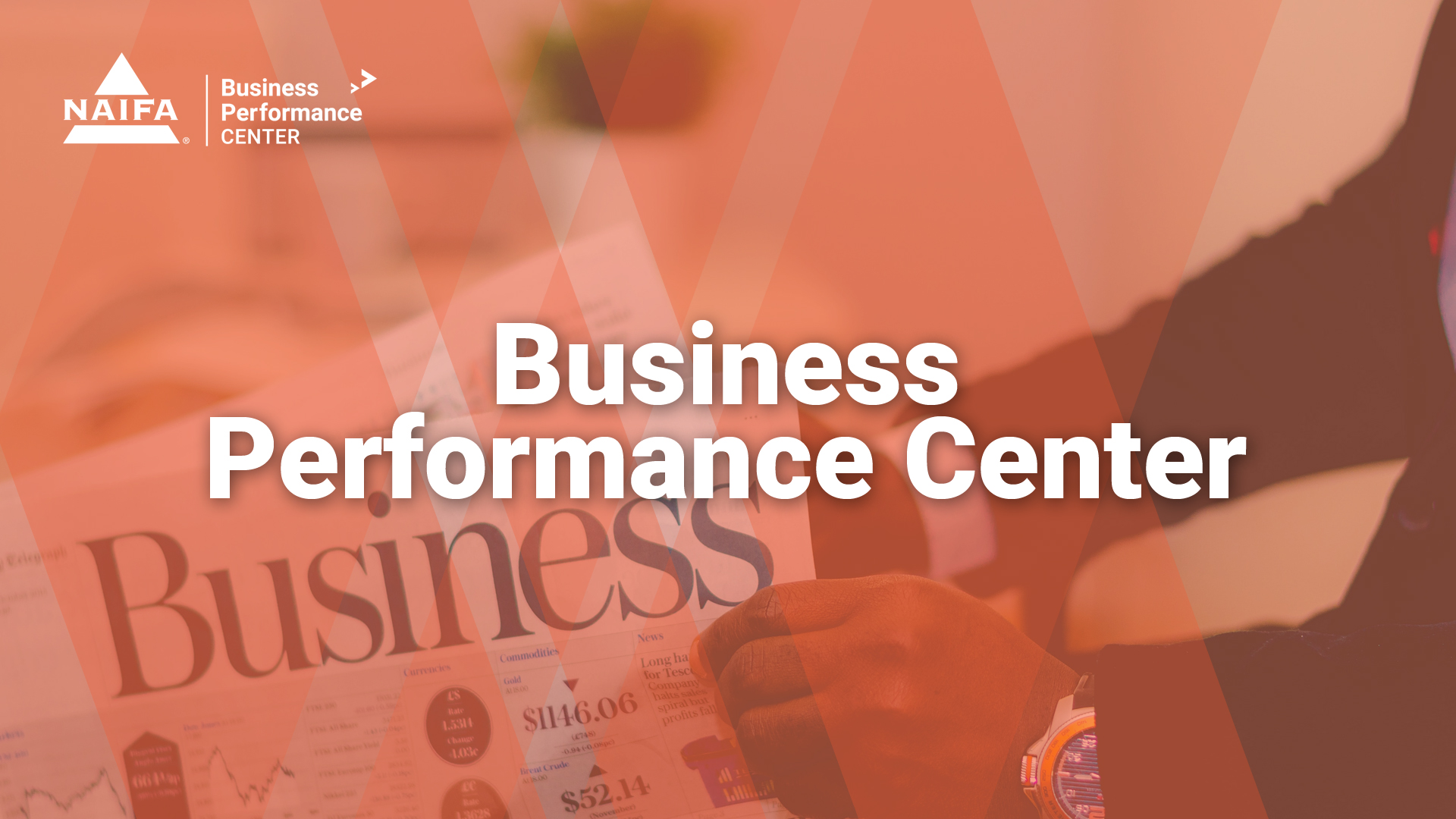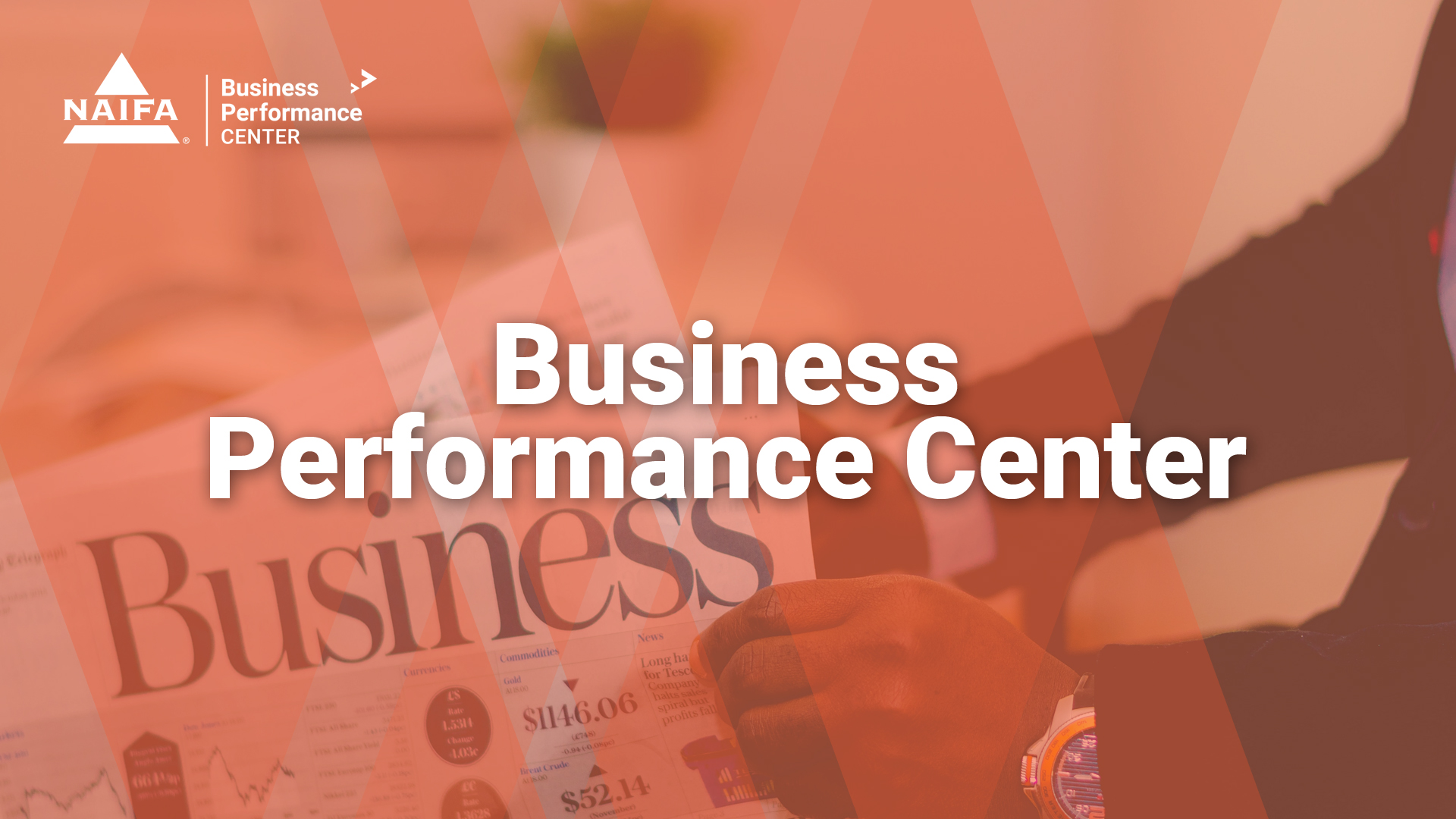At NAIFA’s Performance + Purpose Conference currently under way in San Antonio, financial professionals received some helpful hints for attracting and retaining culturally diverse agents in their practices from two industry experts, Aamir Chalisa and Ali Agha, both members of NAIFA’s Diversity Task Force. Chalisa is Managing Director with Futurity First Insurance Group and Agha is Senior Development Manager at New York Life.
The make-up of the U.S. population has changed exponentially, Chalisa pointed out. In fact, the five largest cities in the U.S. are now less than 50 percent white. Reflecting this development, the practices of both men are staffed by agents from various groups, including Hispanics, African-Americans, Asian Indians and orthodox Jews. Consequently, there is a pressing need for companies to learn how to attract and retain diverse agents.
The meaning of diversity has changed over the years, Chalisa pointed out. It is now used to describe a wider range of people from different backgrounds and groups.
To enhance your success at attracting the best diverse agents to your practice, you should go to community events where they hang out, celebrate their special holidays with them and show a genuine interest in what makes them different from people you are familiar with, both speakers stressed.
The first piece of advice for successfully training diverse agents is to make it personal. “Be intentional in trying to understand them,” Agha said. “Genuine curiosity will go a long way.”
Also, you must take the time to involve them in conversations, events and activities so that they will not feel isolated. In meetings, “make it a point to ask them for their opinions and try to make them feel comfortable, “ Agha said. “If they feel isolated, they will leave.”
There are three ways advisors can use to coach these advisors:
*Classes
*Individual coaching sessions
*Being in the trenches with them.
When working with multi-cultural clients, both men stressed the need for you to understand the cultural nuances of their markets and make it a point to respect them.
Culturally diverse markets can be valuable to the agent who takes the time to understand what works and what does not in those markets.








.png?width=300&height=300&name=CC%202025%20Ad%20(300%20x%20300%20px).png)
.png?width=300&height=600&name=Tax%20Talk%20Graphic%20-%20email%20tower%20(300%20x%20600%20px).png)



.png?width=300&name=NAIFA-FSP-LH%20with%20tagline%20-%20AT%20blog%20email%20ad%20(300%20x%20250%20px).png)
.png?width=728&height=89&name=2024%20Congressional%20Conference%20(728%20x%2089%20px).png)
